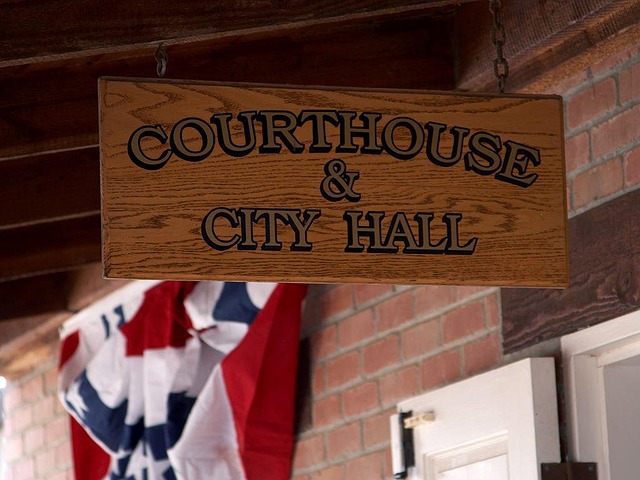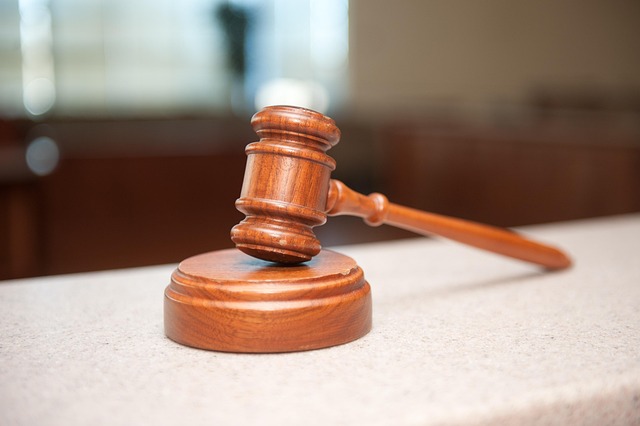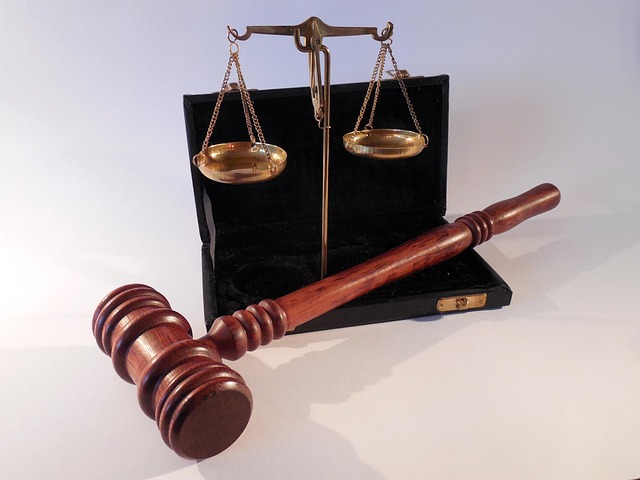Understanding Criminal Procedure Law Basics is essential for ensuring fairness and protecting rights within the RF Finance legal landscape. This area of law governs every stage of criminal cases, from investigations to trials, balancing public safety with individual liberties. Skilled general criminal defense attorneys navigate complex rules, advocate for clients' rights, and aim for favorable verdicts through strategic defenses. RF Finance Law Firms serve as guides, demystifying legal jargon and processes, empowering individuals and corporations to confidently navigate their rights and options, and potentially achieving significant outcomes like the complete dismissal of charges.
“Unraveling the intricacies of RF Finance law firms’ pivotal role in navigating complex criminal proceedings, this comprehensive guide offers a deep dive into essential legal aspects. We explore Understanding Criminal Procedure Law basics, revealing its scope and key rights for accused individuals. Furthermore, we highlight how these firms, with their unique expertise in financial matters, assist clients facing charges. From arrest to sentencing, learn about effective strategies employed by RF Finance law firms through real-world case studies, offering valuable insights into their success in complex financial crime cases.”
- Criminal Procedure Law: An Overview
- – Definition and scope of criminal procedure law
- – Key principles and rights of accused individuals
- Role of RF Finance Law Firms in Criminal Cases
Criminal Procedure Law: An Overview
Understanding Criminal Procedure Law Basics is essential for any individual or business operating within the legal framework of RF Finance and across the country. This area of law governs the process by which criminal cases are handled, from initial investigation to trial and eventual verdict. It outlines the rights of both the accused and the prosecution, ensuring fairness and due process. The primary goal is to balance public safety with individual liberties, providing a structured framework for law enforcement agencies and legal professionals alike.
Criminal Procedure Law involves intricate rules and regulations that dictate how evidence is collected, arrests are made, and charges are filed. It includes provisions for avoiding indictment in certain cases, aiming to protect the innocent from baseless accusations. Furthermore, it facilitates the complete dismissal of all charges if the prosecution fails to present a robust case or if the defense successfully challenges the admissibility of evidence. Across the country, these laws have been designed to ensure consistency and fairness in the administration of justice.
– Definition and scope of criminal procedure law
Understanding Criminal Procedure Law Basics is essential for anyone navigating the complex landscape of legal representation. This branch of law outlines the rules and procedures guiding criminal investigations, arrests, trials, and appeals. It’s a meticulous dance between ensuring justice is served while protecting the rights of the accused. The scope encompasses everything from the initial contact with law enforcement to the final ruling, touching on issues like search warrants, Miranda rights, and fair trial practices.
Criminal procedure law isn’t merely about understanding legal jargon; it’s about appreciating the delicate balance between maintaining public safety and upholding individual liberties. Skilled general criminal defense attorneys play a pivotal role in this process, acting as advocates for their clients while navigating the intricate web of rules and regulations. By achieving extraordinary results through strategic defense mechanisms, these professionals not only safeguard the rights of the accused but also contribute to the integrity of the justice system, fostering trust within both the philanthropic and political communities.
– Key principles and rights of accused individuals
Understanding Criminal Procedure Law Basics is essential for anyone navigating the complex landscape of RF Finance Law Firms Serving. At every stage of the investigative and enforcement process, accused individuals possess key principles and rights that must be respected and upheld. These include the right to remain silent, ensuring fair representation through legal counsel, and the ability to challenge evidence and witness testimonies.
Knowing these basics is crucial for winning challenging defense verdicts. Accused persons have the right to a jury trial where their innocence or guilt is determined. This process demands meticulous planning, strategic arguments, and a deep understanding of procedural rules. By exercising their rights effectively, individuals can safeguard against wrongful convictions and ensure justice is served throughout the entire legal battle.
Role of RF Finance Law Firms in Criminal Cases
RF Finance Law Firms play a pivotal role in criminal cases, acting as navigators through the complex landscape of criminal procedure law. Their expertise lies in unraveling and explaining the basics of this intricate legal system, ensuring that corporate and individual clients alike understand their rights and options. By demystifying terms and processes, these firms empower their clients to make informed decisions, from pre-trial strategies to potential outcomes.
In many instances, their strategic guidance can lead to the complete dismissal of all charges, a significant outcome that can be achieved through a thorough understanding of evidence rules, constitutional rights, and procedural safeguards. This is particularly crucial for businesses, as it helps protect their respective business interests and reputation, ensuring a fair and just resolution in the event of legal complications.
Understanding the fundamentals of criminal procedure law is essential for anyone navigating the complexities of the justice system. RF finance law firms play a crucial role in ensuring that accused individuals are aware of their rights and receive fair representation. By delving into the scope and principles of this area of law, folks can better appreciate the importance of specialized legal support during criminal cases, fostering a more just and equitable process for all.






